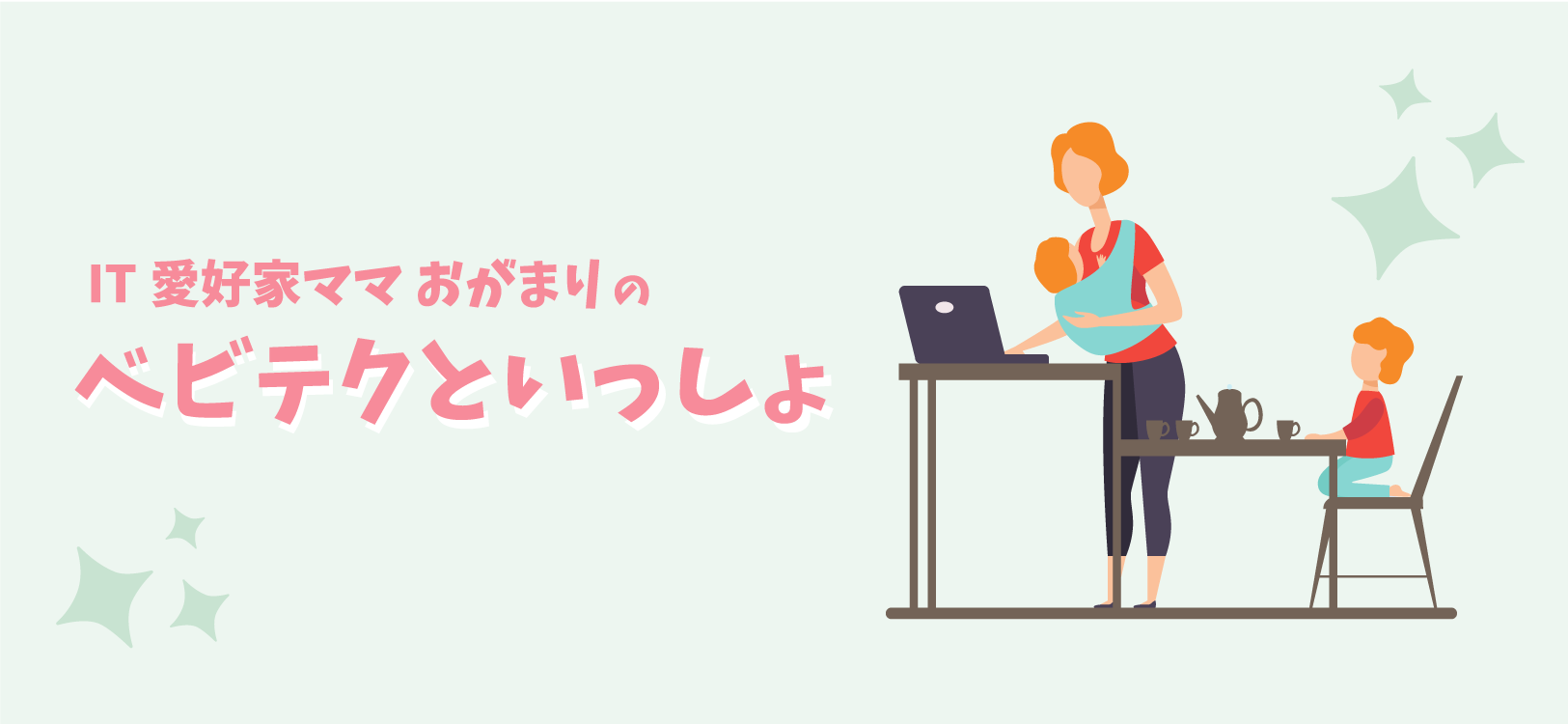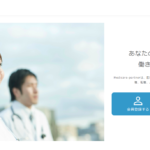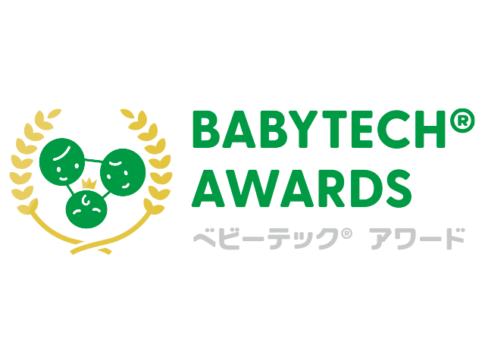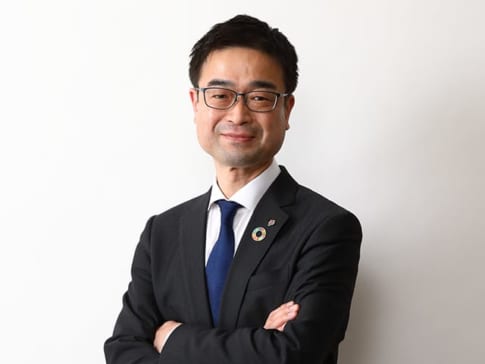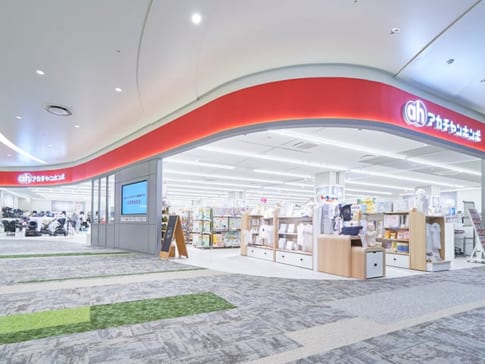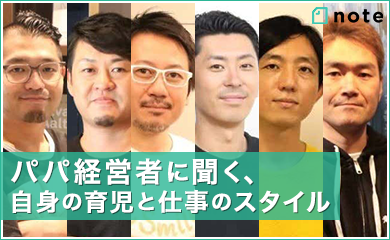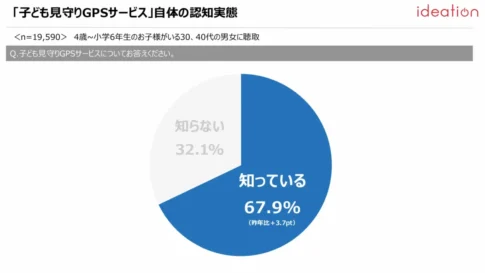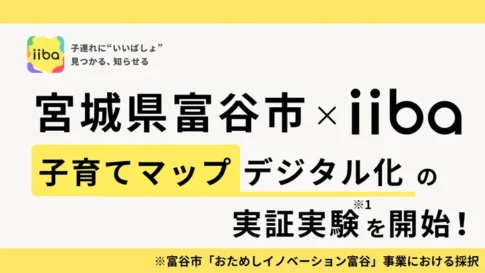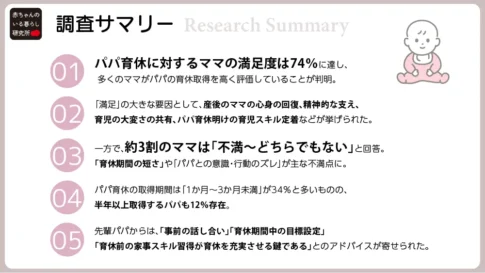An initiative has been started to collaborate with speech-language support network speech-language pathologists by having them attend online classes in so-called "language classrooms" at schools.
- The following is content from the press release -
Research by Toshiyuki Takamatsu, a teacher in charge of the "Language Classroom" at Shinmachi Elementary School in Nagaoka City, Niigata PrefectureDX in the language classroom: How to provide online support to enhance face-to-face "articulation instruction" / Creating an environment where families, classrooms, and outside experts can collaborate through the use of ICT" (funded by the Panasonic Education Foundation)As a part of the "Language Classroom," speech-language pathologists from the Language Support Network, Inc. are participating in a collaborative effort by sitting in on "Language Classroom" classes online under the guidance of Principal Kumakura (Sanjo Municipal Uradate Elementary School), Chairman of the Niigata Chuetsu Language and Hearing Loss Education Research Council (hereinafter referred to as "Chuetsu Kotoba").

What is a Language Classroom?
The "Language Classroom" is a "classroom for language disorder students."(2) Children enrolled in regular elementary and junior high school classes receive special instruction in a special setting according to their individual realities and circumstances.It is a form of education." Pronunciation is unclear and indistinct."lispor symptoms such as "speech does not come out smoothly or stutters" etc.stammeringThe school is open to children who have trouble with language, such as those who have difficulty in reading, writing, and speaking. According to the Ministry of Education, Culture, Sports, Science and Technology (MEXT), the number of children and students who use language classes is said to be about 47,100 (2021).
The backgrounds of teachers in the language classroom vary. Under the current system, teachers with licenses from kindergarten, elementary school, junior high school, or high school are eligible to become special-needs classroom teachers or classroom teachers, and no other special licenses are required. Training programs for classroom teachers also vary from region to region.
Each of the teachers has been making a lot of efforts to provide highly specialized lessons to children with dysarthria and other speech-related problems, while utilizing their skills as educators.
DX for Language Classroom Education in the Chuetsu Region of Niigata Prefecture
In the Chuetsu region of Niigata Prefecture, an organization called Chuetsu Kotonin has established a training program for teachers of "language classes" and "Kikoe no Kyoshitsu" (classrooms for hearing loss) in order to make classes as easy as possible for teachers and as meaningful for the children who take them.
In this study,Teachers and Speech-Language Pathologists Collaborate in "Language ClassesBy doing so, we will create a system in which the educational perspective of teachers and the expertise of speech-language pathologists in dysarthria can be combined and used to educate and support your child.
We believe that by having this system in place, teachers will feel more comfortable when they are assigned to teach a "language class" for the first time, or in situations where they are asked to decide whether or not to collaborate with a medical institution, such as in the evaluation of abnormal articulation.
Dr. Toshiyuki Takamatsu, as a teacher of "Language Classroom," is also involved in educational practices utilizing various advanced technologies together with teachers of Chuetsu Kotoba. In this demonstration experiment, he utilized a digital video camera to project intraoral and whole-body images on a monitor, allowing speech-language pathologists in remote locations to view the images and discuss evaluation, program planning, and instruction together.
Future Outlook
The number of speech-language pathologists specializing in child pronunciation is limited, and in some communities there are no speech-language pathologists in the neighborhood. We believe that if a system for online collaboration between local schools and speech-language pathologists can be established, it will be possible for teachers and speech-language pathologists to work together in more schools, reducing the burden on new speech-language classroom teachers and enhancing education and support for the many children beyond them.
When we asked Dr. Takamatsu about his thoughts on this research, he made the following comments.

As a language teacher, I am concerned about the following two points.
- Some children/parents receive articulation instruction only once a month for various reasons.
- The field of articulation instruction requires far less training for those in charge in educational settings than general subject instruction.
We decided to undertake this research because we wondered if we could solve these issues by taking advantage of the ICT environment of the school, which has evolved dramatically through the GIGA School concept.
We will be collaborating with "Language Support Net" to solve the second issue. We hope that our efforts will serve as an example of effective support not only for children and parents, but also for classroom personnel."
We are truly grateful for the opportunity to work with Mr. Takamatsu and other teachers in the Chuetsu area who are eagerly thinking about what they can do for the children in their classes, even though "business as usual" is restricted after the Corona disaster.
The entire staff is committed to contributing to the healthy upbringing of children in Niigata Prefecture.
Organization
Corporate Name : General Incorporated Association "Kotoba Support Net
Rep: NAMI NOFUJI
Establishment : April 2022
Activities: Speech therapy, training, surveys, research, and educational activities for people with speech difficulties and their supporters across the region.
HP :https://www.kotoba-support-net.org/




